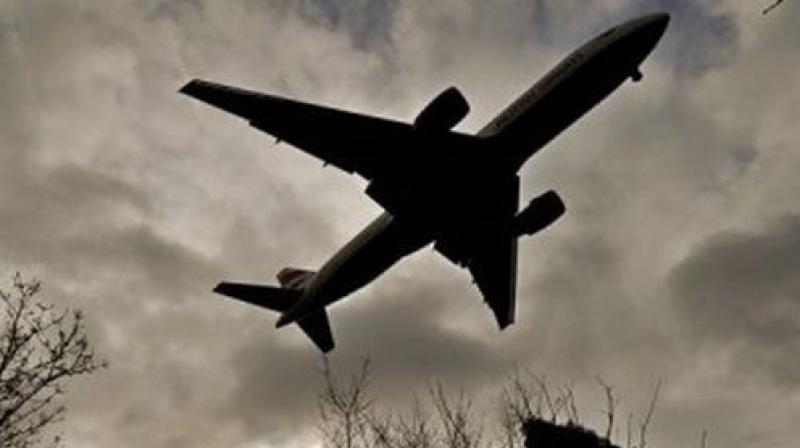Laptops, tablets on airplanes: What's the threat?

Paris: The United States and Britain have banned laptops and tablet computers from passenger cabins on certain airlines' flights from some airports in Turkey, the Middle East and North Africa, citing terror threats.
Why this measure now?
Normally, decisions taken by American authorities and implemented by the Transportation Security Administration (TSA) are the result of specific threats identified by US intelligence agencies, Jean-Charles Brisard, president of the Center for Analysis of Terrorism said.
"Certain groups like Al-Qaeda in the Arabian Peninsula have been trying for years to adapt to the progressive security measures put in place by the US and their allies, in particular by miniaturising explosives."
The new measures "will be based on specific threats, without doubt an initiative by AQAP, one of the most advanced and sophisticated groups -- in particular with regards to miniaturisation of explosive devices," he added.
Has this happened before?
After AQAP and rebel groups in Syria drew closer together in 2014, the TSA banned devices with flat batteries, saying that passengers could be required to demonstrate that laptops and phones could be powered up before boarding planes, Brisard said.
"The fear, which was based on precise information, was that the battery's housing could conceal a miniature explosive of just a few hundred grams," he said.
Why Arab countries and Turkey?
"The reality is that the main threat will come from the countries listed by American authorities," said Brisard, adding that TSA regulations were generally followed around the world.
Some countries will not have the same level of security screenings as in the US and other western nations, he added.
Why laptops and tablets?
"These types of electronic devices contain all the component parts of an improvised explosive device (IED) except for the detonator and the actual explosives," said Sebastien Caron, director general of ASCT, a training centre for airport security.
By adding those two missing elements, it could be possible to effectively assemble an IED, making these devices more sensitive than other electronics, he added.
How can explosives be detected at security inspections?
If airport security has any doubt about a passenger and their baggage they can use a trace detector -- a small wipe -- to check for any explosives, Caron said.
If the electronic device has been booby-trapped, there will be traces of explosive of that can be found. The wipe can be analysed in seven seconds and will warn of any explosives detected, the expert said.
How can they monitor checked baggage?
In France, checked baggage is passed through an Explosive Detection System which can determine whether any explosives are present by analysing the molecules inside the bags.
If the machine estimates that there may be a threat, it alerts airport security who can take the bag aside for a more comprehensive check.
"Out of 100 bags, only 30 percent pass through a human inspection, who will usually be able to clear 25 out of those 30 of having any threat," Caron said.
"The remaining five percent are sent to an even more sophisticated tomography machine," which is a very expensive X-ray or ultrasound machine, he added.
What consequences for travellers?
Caron worries that the new measures will cause tension with travellers. "Passengers are mainly business people who need to work or tourists who don't want to be deprived of their devices to relax or watch a movie. It's going to be complicated to manage."

